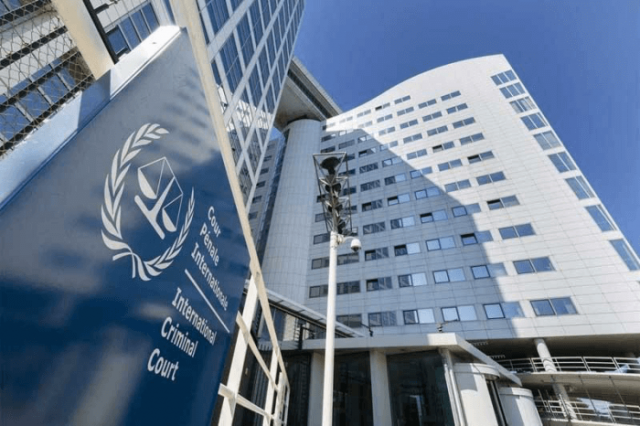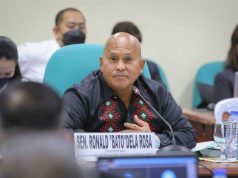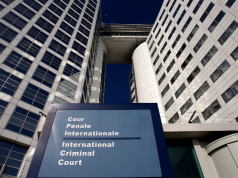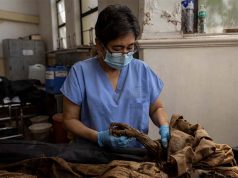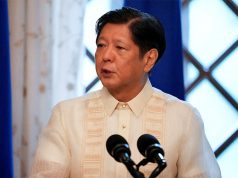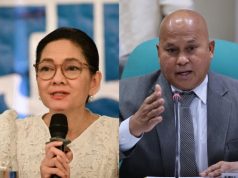Is the International Criminal Court (ICC) still authorized to investigate the drug war killings despite the Philippines’ withdrawal from the Rome Statute in 2019?
Last Monday, the chief prosecutor of the ICC called for a full probe into the suspected crimes against humanity committed in the country in the context of President Rodrigo Duterte’s anti-drug campaign.
Fatou Bensouda, on her last day as ICC prosecutor, stated that the situation in the Philippines has been under preliminary examination since Feb. 8, 2018.
READ: International Criminal Court prosecutor requests green light for probe into Philippines killings
“I have determined that there is a reasonable basis to believe that the crime against humanity of murder has been committed on the territory of the Philippines between 1 July 2016 and 16 March 2019 in the context of the Government of Philippines ‘war on drugs’ campaign,” Bensouda statement read.
However, at the peak of the drug crackdown in 2019, the Philippines withdrew from the Rome Statute—the treaty establishing the ICC, as it has pledged to pursue its review into the possible crimes in the government’s deadly drug war.
“The decision to withdraw is the Philippines’ principled stand against those who politicize and weaponize human rights even as its independent and well-functioning organs and agencies continue to exercise jurisdiction over complaints, issues, problems and concerns arising from its efforts to protect its people,” the letter read.
ICC prosecution team can still pursue the case
In the statement, Bensouda stressed that despite the Philippines’ withdrawal in 2019, ICC retains jurisdiction over crimes that are alleged to have occurred on the territory of that State during the period when it was a State Party to the Rome Statute.
ICC still has the power to investigate several concurrent situations in the Philippines that happened from Aug/ 30, 2011 up to the country’s disengagement on March 17, 2019, covering the start of Duterte’s war on drugs campaign in 2016.
“A country cannot evade investigation by withdrawing from the ICC. The investigations continue. Whatever has been discovered by that point will still be followed up,” said Moritz Vormbaum, German, an expert in international criminal law.
Toward the end of the statement, Bensouda requested the court for authorization of a full investigation and served a public notice to the victims of the situation in the Philippines, inviting them to make representations to the pre-trial chamber.
Meanwhile, Malacañang said Duterte will not cooperate with the ICC investigation into the government’s drug war. It also alleged that the decision of Bensouda was “legally erroneous and politically motivated.”
RELATED: Politically motivated? Palace accuses ICC prosecutor after request to probe ‘war on drugs’
The Palace’s response to the drug war probe earned questions from the public on social media, urging the government to cooperate if they have nothing to hide.
“Kung walang ginagawang masama, walang dapat ikatakot,” a Twitter user said.
“’Will not cooperate’ So, may tinatago?” another user asked.
Some of them also believe that the Philippine government’s resistance just shows why the ICC should continue to launch its investigation into the drug war even more.
“Of course, Duterte shouldn’t cooperate as expected. But the ICC has a way of doing things out with or without his cooperation,” a Twitter user said.
“By not cooperating and the fact that he withdrew from the Rome statute should make it even more compelling for the ICC to pursue the investigation,” an online user tweeted.

